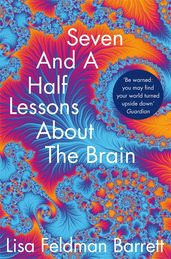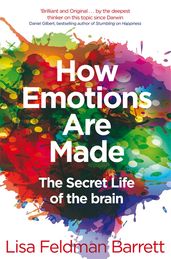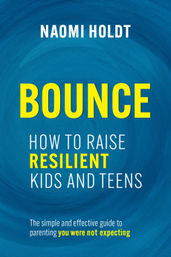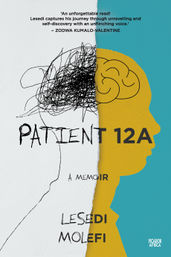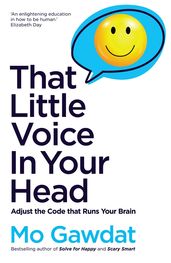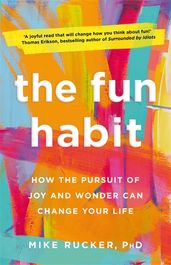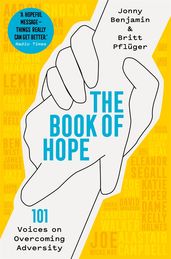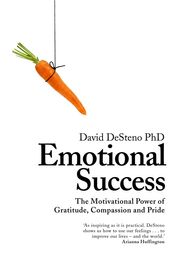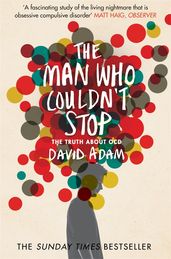
Synopsis
'How Emotions Are Made did what all great books do. It took a subject I thought I understood and turned my understanding upside down' – Malcolm Gladwell, author of Talking to Strangers
When you feel anxious, angry, happy, or surprised, what's really going on inside of you?
Perhaps you thought of your emotions as automatic and reactive, a response to the world around you. The thrill of seeing an old friend, the fear of losing someone you love – each of these sensations seems to arise automatically and uncontrollably.
But in How Emotions are Made pioneering neuroscientist Lisa Feldman Barrett shatters everything you thought you knew with a compelling new argument: emotions aren't universally pre-programmed into our brains and bodies but, rather, are unique psychological experiences constructed through our personal history, physiology and environment.
Relationships, health, parenting, even national security – emotions have serious implications for them all. How Emotions are Made offers a radical new framework that finally explains what you’re feeling – and why it matters so much.
Details
Reviews
How Emotions Are Made did what all great books do. It took a subject I thought I understood and turned my understanding upside down
The definitive field guide to feelings and the neuroscience behind them
A brilliant and original book on the science of emotion, by the deepest thinker about this topic since Darwin
Meticulous, well-researched, and deeply thought out . . . For anyone who has struggled to reconcile brain and heart, this book will be a treasure; it explains the science without short-changing the humanism of its topic
